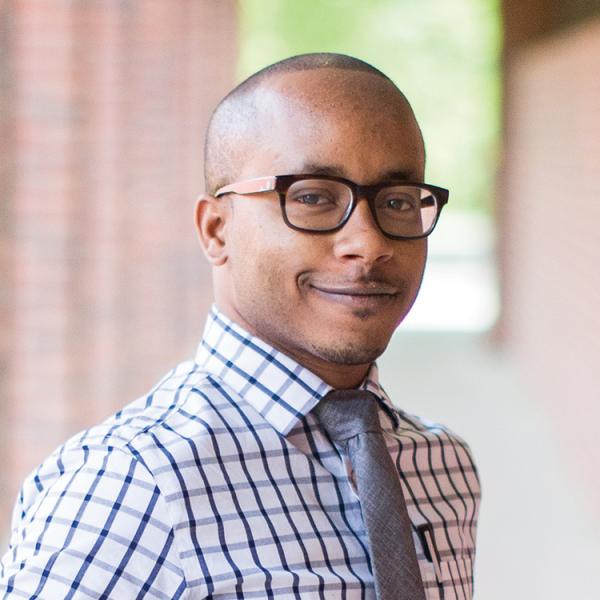Reggie Leonard is a student and career development professional with 15 years of career services experience in higher education. His expertise ranges from career coaching/advising and program development to employer relations and community engagement. Leonard joined the UVA School of Data Science in 2015, when it was then known as the Data Science Institute.
As Associate Director for Career Connections and Community Engagement, he is a dedicated architect of student success. Leonard pioneered career services for the School of Data Science, launching scalable initiatives such as the “Modeling Your Future” career development series, co-creating the inaugural Data Science Industry Partners Program, and leading employer engagement through a tiered-partnership model. He has cultivated robust networks among alumni, employers, and industry stakeholders, helping drive significant outcomes for graduates.
Beyond the classroom, Leonard is a nationally recognized leader in responsible tech and public interest data science. He serves on the Public Interest Technology steering committee for UVA’s Public Service Pathways program, co-created PyData Virginia, serves on the organizing committee for rvaTech Data + AI Summit, and co-founded the Charlottesville Data Science Meetup, which grew from under 50 to more than 800 members in just three years.
Outside of his work in higher ed, Leonard is a proud uncle and has a passion for foodways and community building expressed through his work in the wine industry. As co-founder of Oenoverse, he has led dynamic wine education programs, festivals, and community events spotlighted in The New York Times, VinePair, Punch, and Virginia Wine & Country Life. His innovative programming, including Oeno Camp and the Two Up Wine Down festival, continues to build bridges across culture, education, and industry. He also makes his own wine, called The Parallax Project, and is a longtime member of a local cookbook club.
Leonard holds a B.S. in Psychology from Bowie State University and earned his M.S. in Professional Counseling from Liberty University.
